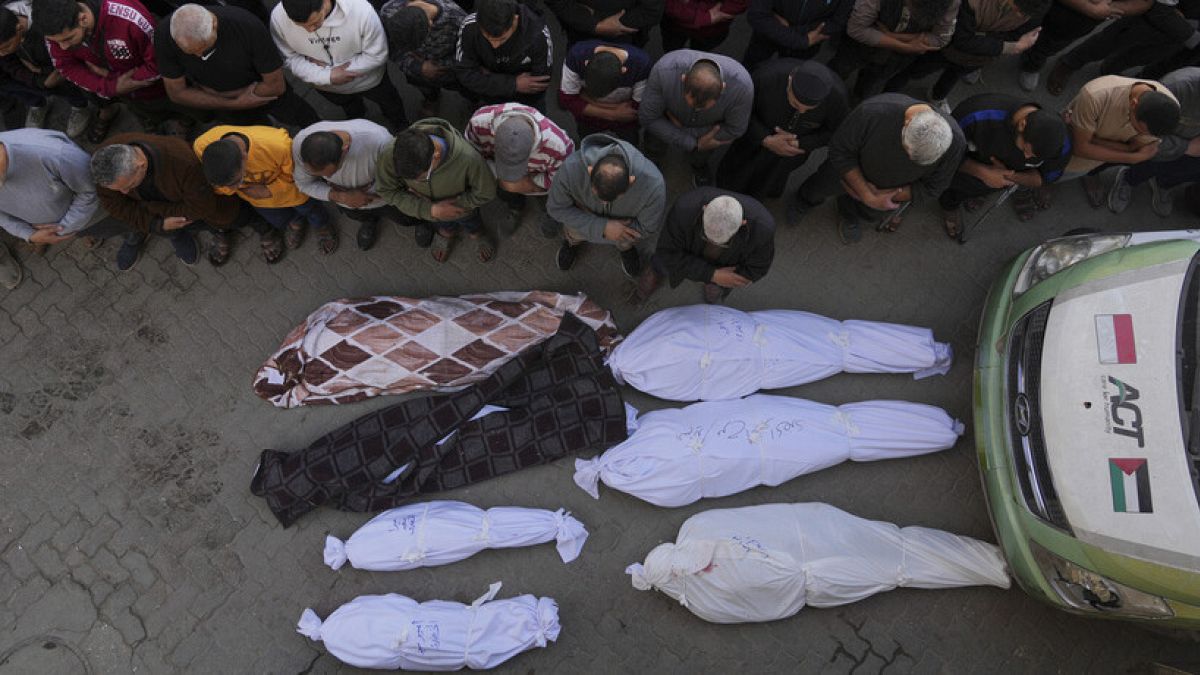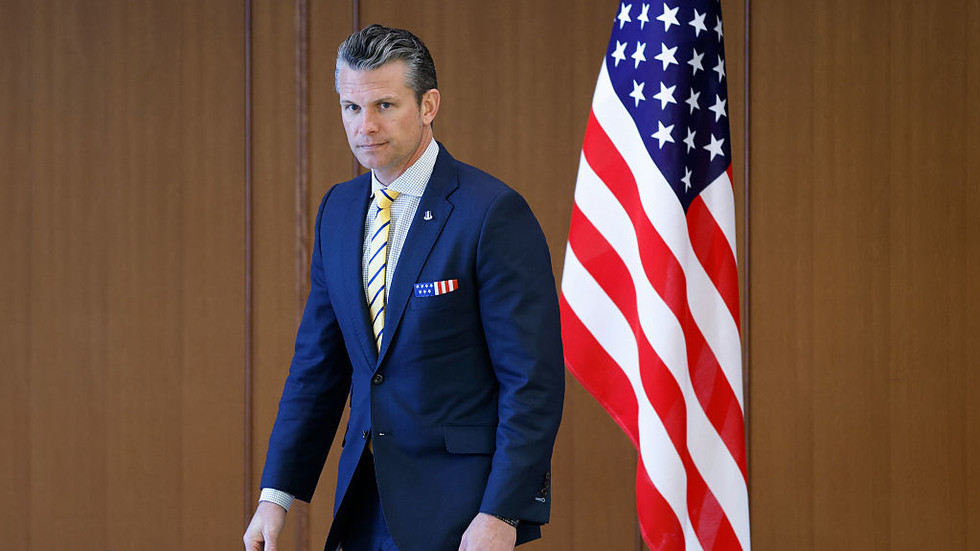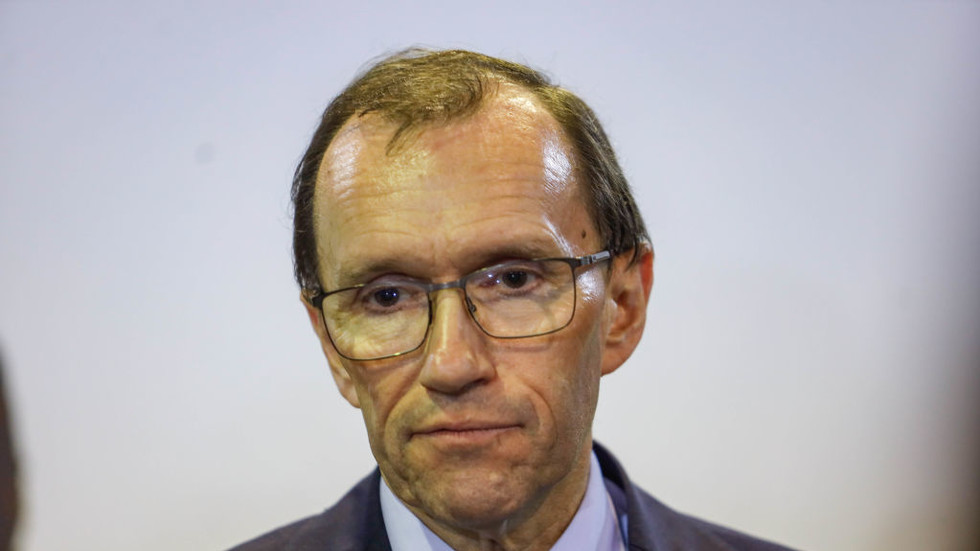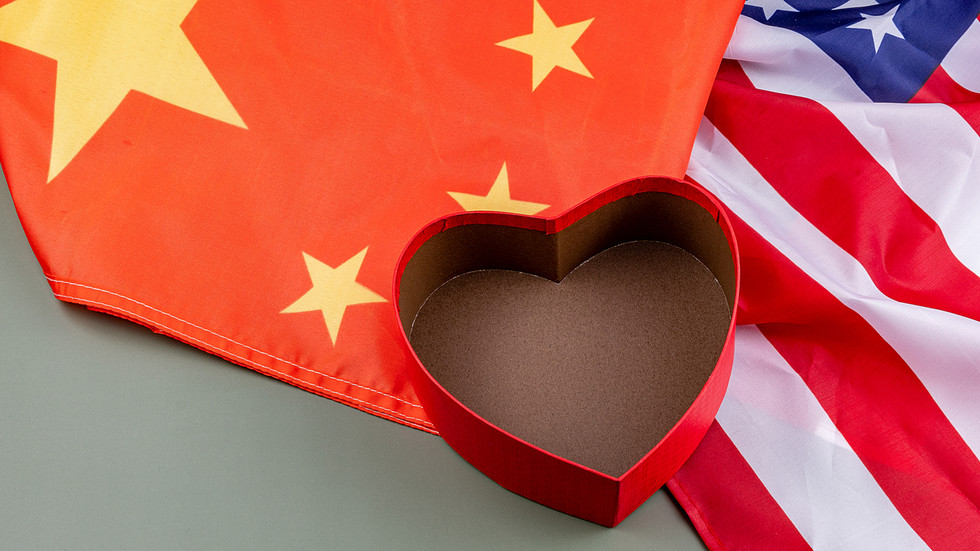Syria’s new transitional government says there is no place for Russian presence in Syria a week after the country’s long-time President Bashar al-Assad was overthrown. The new government also says it is open to engage in contacts with all countries to pave Syria’s new future.
The Spokesperson for the political department of Syria’s new transitional government has called on Russia to reconsider its presence in the country now that their ally; President Bashar al-Assad, has been overthrown.
A convoy of Russian military vehicles was spotted traveling from the coastal city of Latakia, and were headed southward towards the city of Tartus.
Russia operates two military bases in Syria: The Khmeimim Air Base near the port city of Latakia and the Tartus naval base on the Mediterranean coast. They are considered among the Kremlin’s most strategically important military outposts.
The Tartus site is particularly critical, providing Russia with its only direct access to the Mediterranean Sea and a base to conduct naval exercises, station warships and even host nuclear submarines.
Western analysts and intelligence say the Kremlin is engaging in a large-scale withdrawal from Syria, though Moscow has yet to confirm.
Obeida Arnaout, the spokesman for Syria’s new transitional government appointed by the Hayat Tahrir al-Sham (HTS) rebel group responsible for Assad’s downfall, says Russia’s recent movement in Syria has been ambiguous.
He stresses that their decision to remove navy ships from ports and move fleets of military vehicles from bases does not clearly indicate whether the Kremlin is indeed withdrawing, or if this is part of their regular movements.
“I think that Russia should reconsider its presence on Syrian territory as well as its interests,” he said.
“Their interests were linked to the criminal Assad Regime. They can reconsider and take the initiatives to reach out to the new administration to show that they have no animosity with the Syrian people, and that the era of Assad regime is finally over,” Arnaout added.
Arnaout says the new government has been holding talks at the highest level with many countries around the world. Speaking to Arabic media, he emphasised that Syria has entered a new phase, a phase focused on repairing decades of domestic division and almost 14-years of brutal fighting.
He continued saying that Syria’s new policy is one of openness, an approach that seeks to build good relations with its neighbours and the wider world.
On Saturday, the US publicly confirmed for the first time its participation in talks with the HTS, the UK confirmed similar action the following day.
And on Monday, the EU also announced it was taking its first step towards making contact with the rebel group. The move represents the strongest indication yet about the bloc's willingness to begin normalising ties with HTS.
"I've tasked a European top diplomat in Syria to go to Damascus to make the contacts with the new government and people there," said Kaja Kallas; EU High Representative for Foreign Affairs and Security Policy, on Monday morning before heading into a meeting of EU foreign affairs ministers in Brussels, where the future of Syria is one of the main items on the agenda.
Is a change in the HTS’ terrorist designation on the horizon?
The HTS has been blacklisted for terrorism by the United Nations since 2014 due to its previous alliance with al-Qaeda. All 27 members of the EU follow that designation.
But it’s a designation the HTS is hoping countries would quickly abandon. Arnaout says labelling the HTS as such is “not right and not accurate.” He expressed the group’s new operations are centred on unity and justice, and urged the EU, US, UK and other countries to reconsider the classification.
Asked if the bloc should revise the terrorist designation to facilitate diplomacy, the EU High Representative said "For us, it's not only the words, but we want to see the deeds going in the right direction. So not only what they are saying, but also what they are doing," Kallas said.
She continued saying "I think the coming weeks and months will show whether it goes in the right direction."
Concerns over the HTS’ ‘reformed’ approach
Since overthrowing Assad's regime, HTS has positioned itself as the leading force in the new political era, appointing a caretaker prime minister to administer a transitional government until March 2025. The group has also vowed to move the war-torn country from a state-controlled to a free-market economy to attract investors.
However, HTS remains plagued by accusations of human rights abuses, including alleged executions for blasphemy and adultery carried out under a strict, and at times, extreme, interpretation of Islamic law. This background has raised doubts about the rebel force's ability to guarantee pluralism and tolerance after the fall of Assad.
Syria is a highly diverse country, inhabited by Sunni Muslims, who represent over 70% of the population, alongside Shia Muslims, Alawites, Christians and ethnic minorities like Druze, Iraqis, Armenians, Assyrians, Kurds and Palestinians.

 3 months ago
33
3 months ago
33






 We deliver critical software at unparalleled value and speed to help your business thrive
We deliver critical software at unparalleled value and speed to help your business thrive






 English (US) ·
English (US) ·